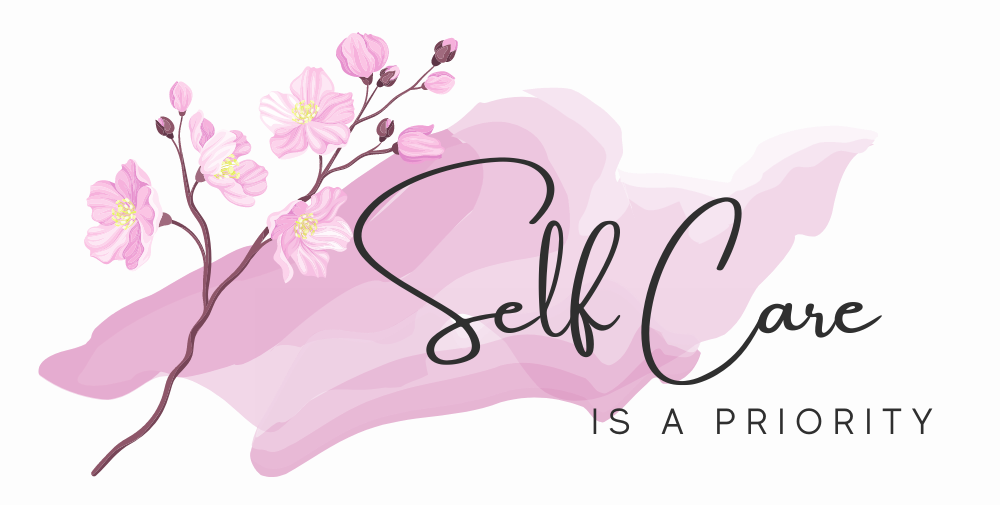8 Steps To Create Life Balance For Inner Peace And Mental Calm
What does it really mean to find balance in your life? Quite simply that you don’t feel as though you’re being tugged too roughly in any one direction.
It also means that you are not dedicating too much time, effort, and energy to one part of your life. For the most part, you feel motivated, calm, clear-headed, and grounded in all areas of life and within yourself.
It’s fair to say that the aspects of life that need to be balanced the most fall into one of two categories: external and internal.
The Internal: Heart, Body, and Mind
• Emotional Health. Includes your mood, happiness, positivity, healthy processing of feelings and avoiding things like depression and anxiety.
• Physical Health. Eat and drink well, but with your health in mind. Exercise well, but don’t forget to take adequate time for rest and treat yourself with foods that you truly love.
• Mental Health. Stimulate yourself intellectually, but give your mind the opportunity to rest.
The External: Fun, Family, Social, and Work
• Leisure time. Take time to indulge in activities that you enjoy.
• Family. Maintain healthy boundaries, but ensure you make times to fulfill your responsibilities.
• Social. Indulge in social activities with friends.
• Work. As you push yourself to chase your goals continue to keep your eye on the big picture.
Finding Life Balance
Most people are guilty of focusing too much on one or two areas, while neglecting the others.
So, you may be guilty of focusing on the external aspects of life, such as your work, and neglect your family and leisure time too much or you spend too much time on family, social life and work that you neglect your physical, mental and/or emotional health.
Balance in all areas helps you to maintain a high level of wellness without yourself and your life. While this may surprise you, it is possible to balance all these areas without compromising any particular one.
Steps To Finding Balance
1. Acknowledge – Review all parts of your life and self, are you neglecting any areas?
2. Examine the internal and external, which areas need more balance
3. Create a specific list of goals in creating balance. For example, if you work more hours than you should, thereby missing out on family time, then cutting down on work hours should be one of the goals. Another example is if you completely neglect your physical health, by eating badly or never exercising, this indicates a goal is needed to improve in this area, and alter your diet and make time for exercise.
4. Plan – Create steps for the week and for the month on how you will achieve your goals
5. Consider obstacles in your way and note how you will deal with them. Think of how you dealt with obstacles because this can be of use to you now.
6. Preparation – Prepare for any inner turmoil that will keep you from following your plan. If you know you have a habit of fueling negative self-talk, make a note of the things you tell yourself and statements that will counteract them.
7. Get support and make connections – Whether it’s a specific tactic or a person in your life that offers support and motivation- find helpful connections that will help you stay the course. For example, your spouse can help remind you of your goals. Your best friend can join you in a workout ritual. Your sister or brother can be your partner in any needed leisure time.
8. Stick with it. Just like anything, finding balance takes time because you have to break negative behaviors and habits in order to instill new ones. Don’t give up, it’s within reaching distance. In this step it is important to note your success and keep track of how creating balance is serving you as you go through the process, this can help you to say motivated.
If it was easy everyone would have found balance easily, but the best things in life are worth working for.
Once you attain your life balance, you will find that decisions come easier because you are in tune with yourself and your true needs and desires.







